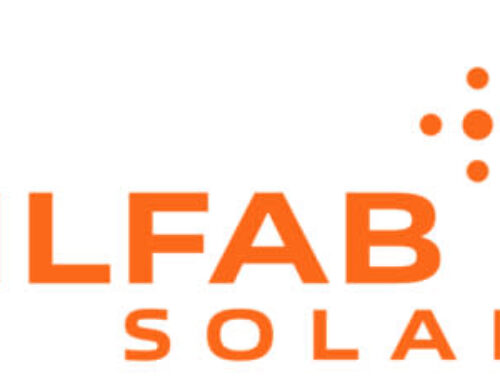Becker County Planning Commission doubles size of buffer zones in cannabis ordinance
December 20, 2024
DETROIT LAKES
— If you’re hoping to get into the cannabis business in Becker County, be prepared to get a county permit and have a workable business plan.
The Becker County Planning Commission approved a new cannabis ordinance on Wednesday, sending it to the County Board with recommendation for approval.
Whether you hope to grow, manufacture, or sell cannabis products, the proposed ordinance regulates how you can do it. it’s based on the Clay County cannabis ordinance, according to Becker County Planning and Zoning Administrator Kyle Vareberg.
“Any kind of cannabis (business) would need a conditional use permit,” he told the Planning Commission.
The Becker County Board, which has final say over the ordinance, “has taken the position that the county is not going to try to limit (cannabis-related) businesses in Becker County — mostly because it’s not clear how to go about that, and they don’t want to decide who gets one and who doesn’t,” County Administrator Carrie Smith told the Planning Commission on Wednesday.
The County Board is expected to act on the proposed cannabis ordinance at a special meeting on Dec. 31, but the state is not expected to start issuing its own cannabis licenses for several months, perhaps this summer, Smith said.
Like existing licenses to sell alcoholic beverages and cigarettes, retail cannabis licenses in Minnesota will need to be approved at the township, city, county and state levels, according to Becker County Auditor-Treasurer Mary Hendrickson, who handles tobacco and alcohol licenses.
Roger Winter of Callaway, who heads up the township association in Becker County, told the Planning Commission that, after the County Board approves a cannabis ordinance, each township will decide for itself “whether they want to handle it (cannabis regulation) themselves or turn it over to the county.”
Becker County Board Chair John Okeson, who also sits on the planning Commission, told Winter that townships will easily have a few months to decide, because of those delays at the state level.
“There’ll be additional time, is what we’re hearing,” agreed Smith.
Discussion at the Planning Commission centered almost entirely around the size of buffer zones spelled out for cannabis businesses in the proposed ordinance.
The state-recommended setbacks are: 1,000 feet from a school, and 500 feet from a church, daycare, library, residence on an adjacent property, residential treatment facility, park, playground, or athletic field.
After a fair amount of discussion, the Planning Commission voted to double those setback lengths in the Becker County ordinance, which does not apply to cities like Detroit Lakes that have adopted their own cannabis ordinances.
Other than that, here’s the gist of the proposed county cannabis ordinance:
- All cannabis establishments must get a permit from Becker County prior to operation, and all will require a county conditional use permit.
- State licensing, if applicable, is required.
- The use must not establish a nuisance in the form of noise, vibration, glare, fumes, odor, lighting, or electrical interference detectable off premise.
- Cannabis businesses are prohibited as a home occupation.
There are three types of licenses available under the ordinance:
- To grow cannabis commercially, you’ll need a cultivation and operations plan, which must include a site plan detailing the size and layout of the cultivation facility.
You’ll need to provide for security in the form of fencing and lighting, and you’ll need a solid waste plan to destroy cannabis plant material and byproducts to make them unusable. Waste material must be stored in a secure location. - To get a county license to manufacture and wholesale cannabis products, you’ll need a facility and operations plan, including a site plan detailing the size and layout of the manufacturing facility. Again, security fencing and lighting is required, as is a solid waste plan to securely store and destroy cannabis waste material.
- To get a county license for retail sales of cannabis products, you’ll need a business and operations plan, which must include hours of operation from 8 a.m. to 9 p.m. Monday through Saturday and 10 a.m. to 9 p.m. Sundays. Retail permits also require a site plan, detailing the size and layout of the retail facility, along with a solid waste plan to securely store and destroy cannabis waste products.
The Planning Commission approved the cannabis ordinance unanimously, and recommends approval by the County Board.
Search
RECENT PRESS RELEASES
Related Post



